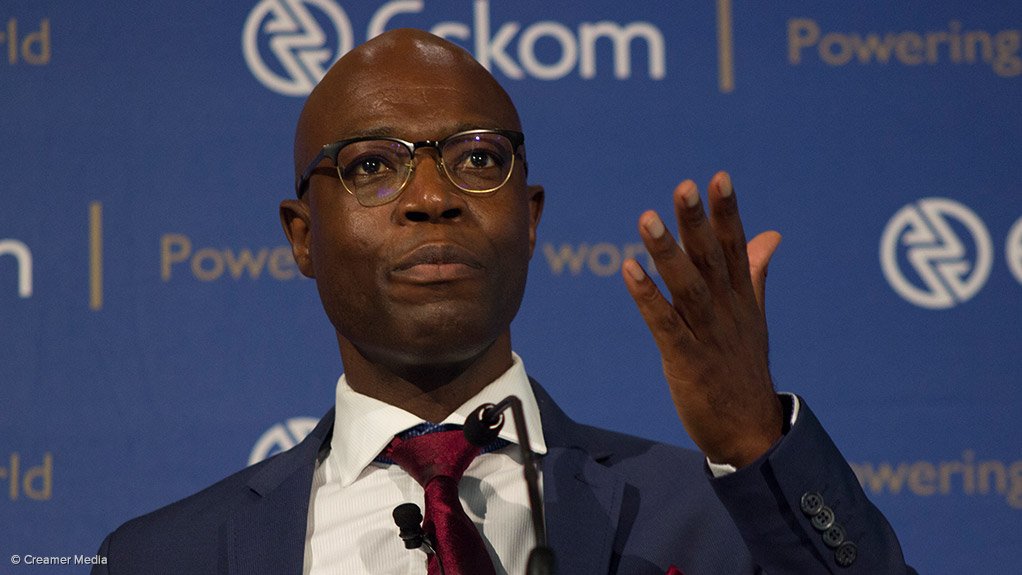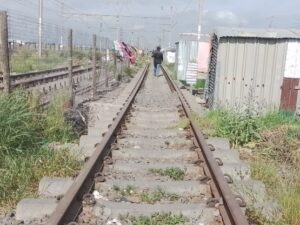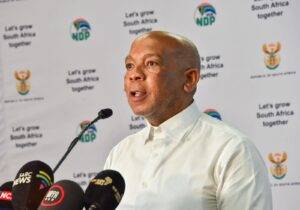In a surprising turn of events, the Middelburg specialised commercial crimes court has halted the fraud, corruption, and money laundering case involving former Eskom chief Matshela Koko and seven co-accused, including his wife and stepdaughters. The charges in the R2.2 billion Kusile case were removed from the docket due to what Magistrate Stanley Jacobs deemed as unreasonable delays, stating that the case could only proceed with approval from NPA head Shamila Batohi.
The case centers around an alleged irregular contract awarded to Swiss-based engineering firm Asia Brown Boveri (ABB) for the construction of Eskom’s Kusile Power Plant. The court’s decision dealt a blow to the National Prosecuting Authority (NPA), which had previously highlighted the Kusile case as a significant part of its state capture investigations.
Magistrate Jacobs rejected the NPA’s Investigating Directorate’s request for a further postponement, emphasizing that a written letter from the NPA’s head must be obtained if the matter is to be reinstated. The move raises questions about the prosecution’s preparedness and the integrity of the case.
In response to the court’s decision, Matshela Koko released a statement invoking Psalm 91, characterizing the past six years as tragic. Koko denounced the Kusile case as a “hate crime” against himself and his family, expressing dissatisfaction with the NPA’s handling of the matter. He accused the NPA of apparent favoritism toward another party involved in the case.
Furthermore, Koko directed strong criticism towards the ruling party, the ANC, labeling it a threat to the rule of law and the Constitution. He called for a transformation of the NPA into a Section 9 institution and asserted that the ANC poses a risk to the principles established in 1994.
The court’s decision to remove the charges raises concerns about the effectiveness of the legal system in addressing corruption cases, particularly those linked to state capture. As the case takes an unexpected turn, it leaves lingering questions about the factors contributing to the delays and the future of the Kusile corruption trial.














